Marketing falls into two primary categories: direct and indirect. Given that this article is written by a marketing consultancy for an audience of investment marketers, we won’t insult your intelligence or waste anybody’s time exploring what that means.
But the focus of this article in on the latter: specifically, why investment managers that offer technical training and support to advisers may have something of a jump start on those that don’t.
The UK’s Retail Distribution Review (RDR) came into force in late 2012 and significantly raised the bar for financial advisers and how much continuing professional development (CPD) they were undertaking. Some CPD requirements existed beforehand, but it was a whole new ballgame from 2013.
Where hospitality had played a big role in how financial services firms built relationships with advisers and other intermediaries, the post-RDR world forced a rethink. One of the solutions was adviser education. This primarily took the form of conferences, roadshows and education platforms.
While appetite for in-person events has dimmed in recent years, a trend accelerated by the pandemic, it is adviser education platforms that are proving their long-term value.
Why now?
Today’s intermediaries need to navigate ever-rising client expectations, intensified regulatory scrutiny and a rapidly growing universe of products - especially when it comes to alternatives.
As access to private markets opens up, demand for credible, accessible education is only going to go in one direction.
Advisers need technical understanding to be able to assess increasingly complex strategies and the fluency to explain them to clients in a Consumer Duty world. Product brochures and factsheets alone no longer suffice.
In response, leading firms are building educational platforms where advisers can learn, ask questions and get help when taking the theoretical and making it tangible.
From product push to partnership
Distribution models have traditionally focused on product promotion, but this is giving way to a more relationship-led approach. Increasingly, firms recognise that structured, ongoing educational support is critical to deepening their relationships with advisers.
The most effective platforms go beyond passive thought leadership. They offer CPD-accredited modules, due diligence frameworks, portfolio construction tools and scenario-based learning - all aimed at supporting professional development and commercial growth.
This shift reflects a broader recalibration. Advisers are no longer viewed as conduits for capital - they are strategic partners. By offering insights, expertise and practical, hands-on support, investment managers are building deeper relationships with advisers.
In turn, the experiences those advisers have when using the training and tools will inform their view of the firm’s credibility and capabilities should they recommend one of their products to a client.
Education as brand collateral
In a saturated market, content is both an information vehicle and a key differentiator. Educational platforms serve as brand collateral - spaces where firms can demonstrate expertise, reinforce identity, and create recurring touchpoints.
Design and delivery matter. Advisers operate in fast-paced, time-poor environments. Platforms that offer short-form content, have intuitive UX, are mobile optimised and can integrate with existing workflows are more likely to be adopted and valued.
In this context, design is not cosmetic - it’s strategic - and is not something firms should overlook.
Strategic implications
For asset managers, the implications are substantial. Education platforms offer more than client service - they represent an engine for distribution, driven by insight, influence and infrastructure.
These platforms also generate meaningful data: patterns of engagement, topic interest, and knowledge gaps that can inform future product and content strategy.
Firms that treat education as a strategic capability - not a marketing afterthought - are better positioned to win adviser trust and gain a long-term competitive advantage.
Closing note
Educational platforms will not replace performance as the core driver of allocation. But, in a market where many strategies look similar, they increasingly determine which firms are invited into the conversation - and which are not.
In a crowded field, the advantage lies not just in what you sell, but in how well you equip others to understand and articulate its value.
If you're interested in working with Alpha Agency to develop your firm's educational offering, please don't hesitate to get in touch.
